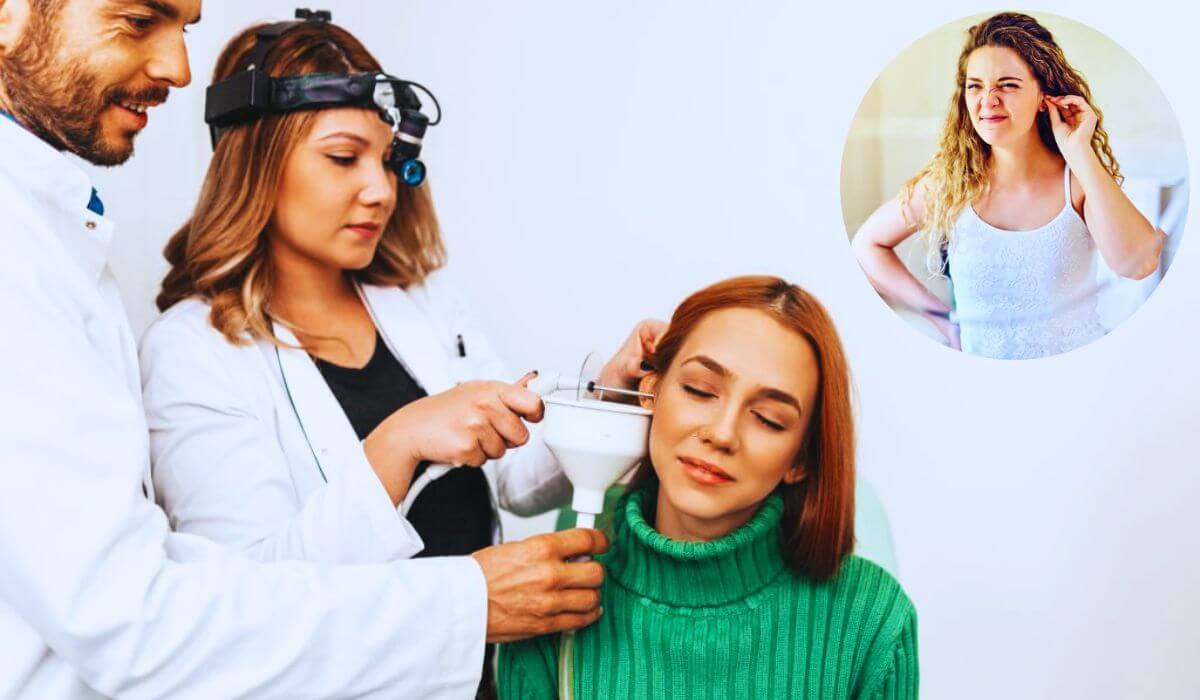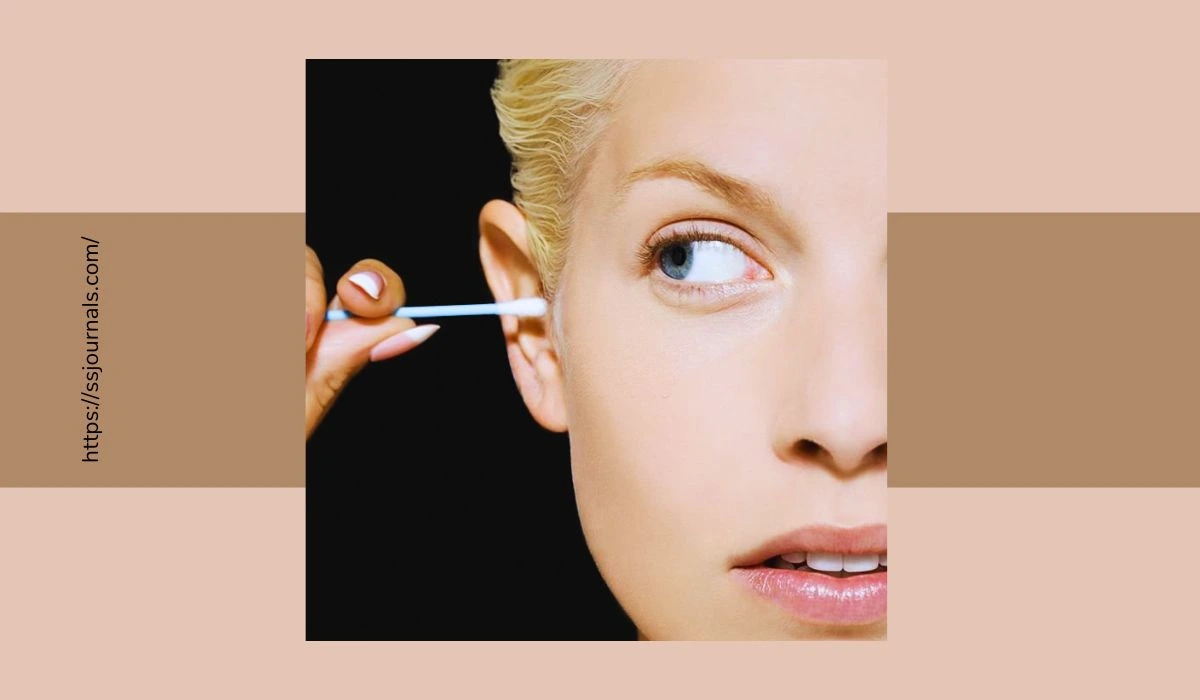The ears are very crucial organs of the body. Protecting ears is an essential aspect of personal hygiene. However, what is more, important than protecting the ears is to protect them with the correct method.
Many people commit mistakes that can even cost them their hearing ability. Therefore, one must be very particular about ear health. Certain do’s and don’ts are generally prescribed for ear wellness.
One must follow these guidelines properly to avoid long-term repercussions. So, one by one, let’s investigate them:
Ear Cleaning: Do’s
- Always Keep Your Outer Ear Clean
The ears are vital organs with self-cleaning abilities. They produce wax as a lubricant to clean the ear by removing dust and dirt.

Sometimes, this wax can deposit around the outer ear as well. One can clean it with the help of clothes and tissues.
This helps avoid any eardrum damage as the extra wax often collects near the eardrum and triggers ear infections.
- Always Follow The Recommendations Of A Doctor
If you encounter any problem, such as pain, discomfort, or fullness in the ear, you must immediately visit a doctor. Based on the doctor’s recommendations, one can intake medications.
This advice must be followed regularly without any deviation for better results. You must frequently visit an E.N.T. specialist for ear-related problems.
- Always Wear Protective Wearables
One must wear protective hearing aids to protect oneself from loud music. One must undertake the 60/60 rule, according to which an individual must listen to music at a volume of 60 for not more than 60 minutes.
These wearables help to reduce the quantum of vibrations that may affect the ear drums.
- Use Glycerin To Clean Your Ears
Baby oil or glycerin is the best way to clean the ears. One must drop glycerin by placing the ear on the upper side. This helps to moisten the wax.
The wax automatically slides near the outer ear. One can easily remove wax with this method.
Ear Cleaning: Don’ts
- Never Hear Loud Music
One must always listen to soft music. Exposure to loud music must be avoided. One must avoid exposure to high-decibel sounds as it may cause partial hearing impairment.
- Never Use Cotton Swabs
Cotton swabs are often used to clean the ear but are not helpful in the long run. Instead of taking wax out of the ear, they push it inside.
Due to the force of the cotton swab, this wax sticks to the eardrums and irritates them. It can also cause ear infections in the long run.
- Never Insert Sharp Objects
One must avoid inserting sharp objects inside the ear, such as needles and pins. They may injure the eardrum and cause permanent hearing impairment. These objects must be kept out of the reach of the children.
- Never Ignore Any Symptoms
Whenever one feels any issue with the ear, one must immediately visit a doctor. The symptoms such as pain, bleeding, frizziness, fullness, and discomfort must not be ignored.
One must go to a doctor to get the correct medications. This helps to avoid long-term problems.
- Never Use Any Medication On Your Own
One must be very careful concerning the medications used for treating ear problems. A doctor must professionally describe them. One cannot consume anything according to his whims and fancies.
Conclusion
These guidelines must be remembered to ensure the long-term health of the ears. They help to avoid damage and also prevent any risk to the ear.
One must follow these guidelines properly. This will help to stay away from any kind of ear-related illness. All of these guidelines are prescribed by experts.

